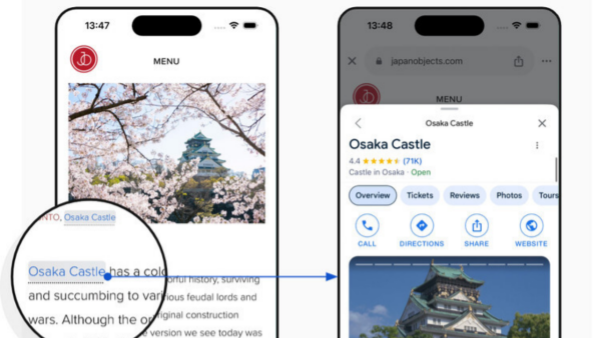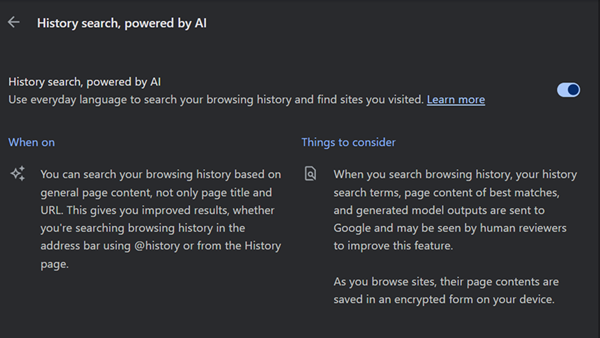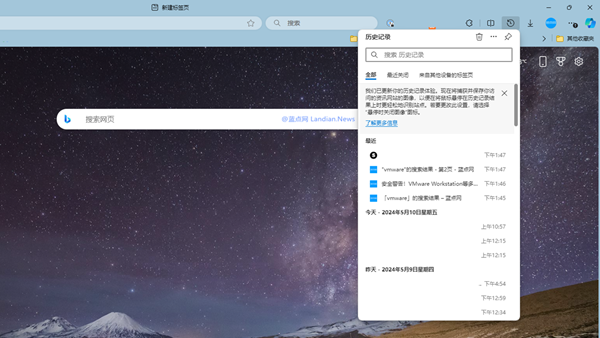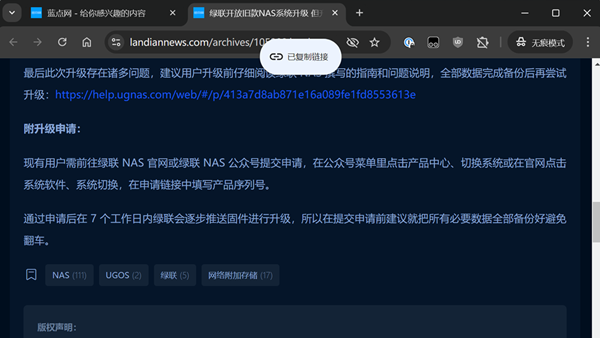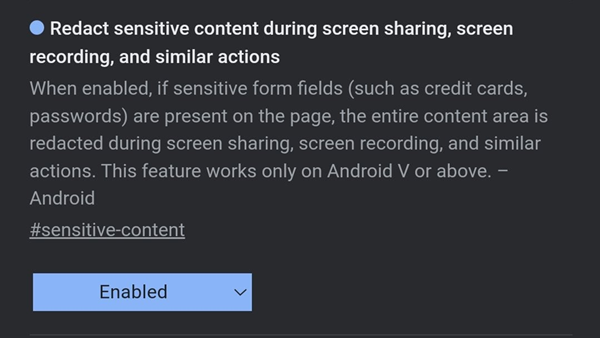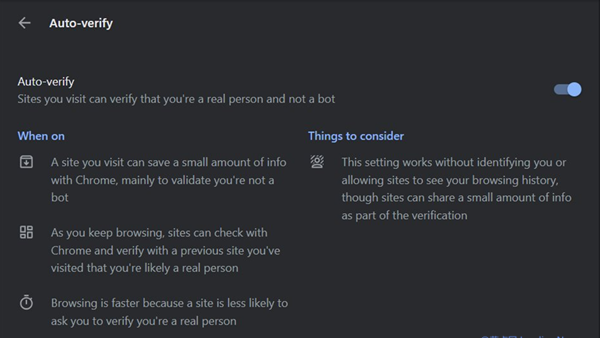U.S. Department of Justice Requires Google to Sell Chrome Browser to Address Search Engine Monopoly Issues
There have already been reports indicating that the U.S. Department of Justice's approach to handling the antitrust case against Google includes the possibility of breaking up the company. Google's main products include its search engine, browser, mobile operating system, video website, among others.
The U.S. Department of Justice is now demanding that Google sell its browser product, Chrome, which is directly related to Google's monopolistic status since Chrome's default search engine is Google.
Bloomberg reported that the browser serves as a key entry point for many people using Google search. However, there are significant questions about how this plan would work, especially since Chromium is an open-source project. Would selling Chrome affect Chromium? And could Google still develop other browsers based on Chromium?
It's noteworthy that the U.S. had considered forcing Google to sell the Android project, a more severe option, which has currently been shelved. However, the U.S. hopes Google will separate the Android system from its other products, including search and app stores, rather than bundling them for sale as it currently does.
For Google, divesting Chrome or Android would be a severe blow. Google has previously stated that divesting Chrome or Android could lead to bankruptcy.
Given that this is part of an antitrust lawsuit, Google has already appealed the decision, meaning it could be years before a final outcome is reached. It is uncertain if Donald Trump's return to office would assist Google (though Trump cannot directly interfere with the Department of Justice).
Another point worth mentioning is regarding content and copyright: the U.S. Department of Justice is demanding that Google's search provide content publishers, i.e., websites, with search data and results licensing capabilities, allowing websites to opt-out of AI model training.
This measure aims to limit Google's use of search crawlers to scrape massive amounts of website data for training AI models, though this is considered a less significant part of the antitrust case. Google is likely to agree to this.


